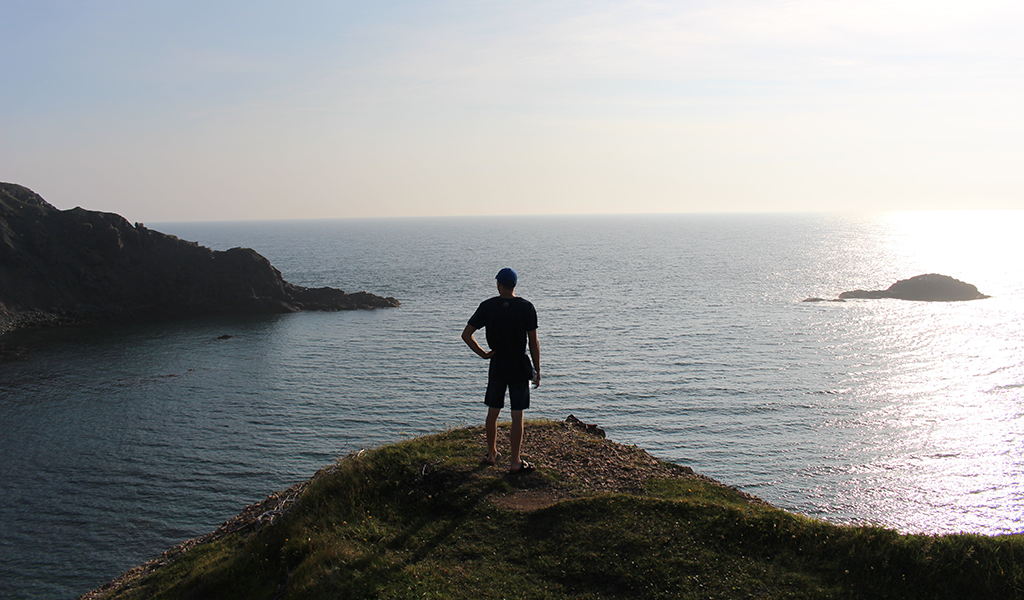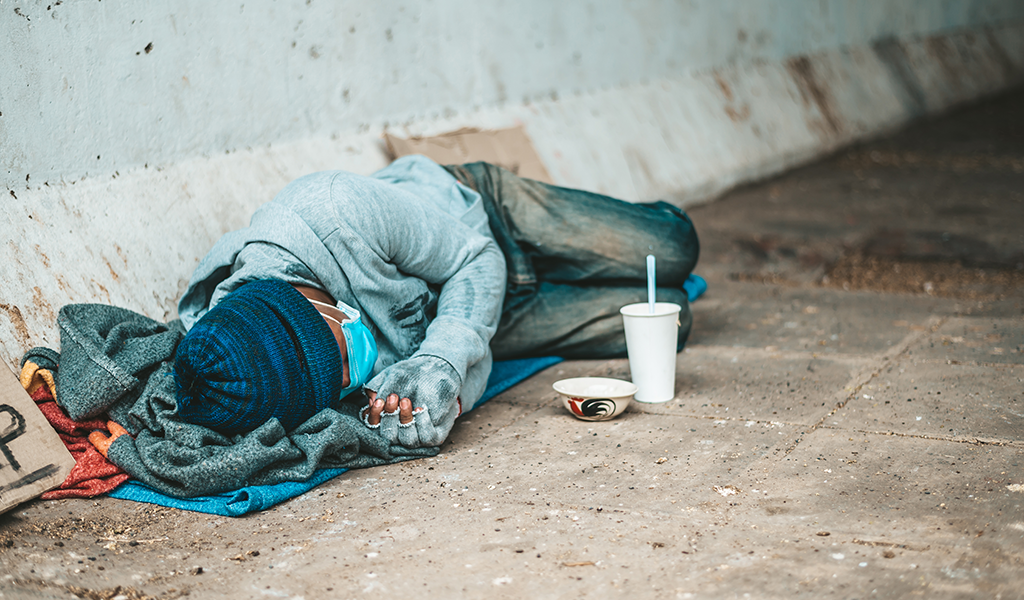The Coronavirus and UK lockdown are impacting upon young people’s day to day lives – but it’s not all negative. Our guest blogger Simone shares the positives she’s experiencing during this time, and the hope they’re giving her for the future.
There has been a lot of talk recently on the current crisis situation of Covid-19 and the negative effects it is having on people’s lives, with a stalling economy and rising death toll. People are losing loved ones, are panic buying and can see that the world is in a bit of a state right now and that it’s not going to end anytime soon. I can foresee a long hard battle to get our economy and our health system back to a place of well-being and comfort.
However, I have seen some silver linings to all this and have been fortunate enough to witness some pretty outstanding things on my day to day life which have restored the faith in humanity. Over the past few weeks I feared I was ‘starting to lose it’ and I would like to share them with you all in the hope that you can see things a little differently and see the positives in what is undoubtedly a horrific time for all.
On my daily jog I have run the same route for a few weeks now and I have noticed some dramatic changes in the area I live. Not only are so many following the government guidelines and staying home – except for necessities and for a daily exercise – but they are also massive changes in the area itself. For example, the streets outside my local supermarket, which were previously scattered with litter are clear and empty. The houses I pass by – which never usually attract my eye – have pictures and rainbows in them from kids saying thank you to the NHS which has undoubtedly went to battle for us in a massive way. The people I pass who are normally so entranced in their busy lives are now smiling and looking relaxed; most of them even say good morning or wave which is lovely. Normally I would see them on their phones or so caught up in their own minds that they wouldn’t even notice I am there. I see people dropping off packages of food for those who are in self isolation. It is just amazing that in a time when we are in such a bad way many of us still decide to go out and make sure those in need and who are most vulnerable are being supported.
Those are just a few things I have noticed during my daily jog, but there is much more. I have seen a massive change in the way we use social media on our phones or laptops. Devices which made people in the same room seem miles apart and which interrupted family time now brings those who are literally miles apart closer than ever. Whilst previously these devices ruined conversations, they now enable us to contact anyone who we are worrying about in just a few clicks.
As a result, my family have never been closer. My elderly father in law has been shown how to use Zoom which helps us contact him daily to make sure he has company, and to avoid isolation. I am spending more quality time with my daughter Lilly, which sounds daft as we live together, but recently I have been aware that when I am playing dolls or teachers with her I don’t have anything in the back of my head worrying me. Before, I would be thinking about an assignment I need to do, what reading I need to do, how to access a journal and so on. Before lockdown Lilly would ask me to play and I would forever say “two minutes Lilly” or “give me 20 minutes to finish writing this paragraph”. Looking back, this is not the way I want to treat my daughter; she is eight and all she wants to do is play with her mum. So, during this lockdown I believe I have got closer to her than ever, by going for walks around the area we live. Previously, we would have just jumped in the car to head to the park.
I have also seen a big change in the way many of us view our services and workers such as food, retail, social workers, transport drivers, prison officers, delivery drivers, postal workers and many more. These undervalued, underpaid workers strive to deliver the best service possible and to help us in so many ways. From restocking essential items like toilet roll and milk, delivering us food or mail, to helping those who need it most –-these workers are the lifelines of those who are most vulnerable. At the same time, I am in awe of the doctors and nurses in the NHS, who as well as praise need proper protection. They are preventing this virus from taking the lives of so many more.
From what I have seen in my area, restrictions on movement seems to have led to a reduction in crime, and I feel safer now. With people staying at home, I think that people have a better opportunity to bond with family members, which could lead to better relationships over the long term. This – and reduced drink and drug use – has contributed to very few incidents in the area I live. Perhaps a period of time where younger people do not have the temptation of using these will lead to lower use once the lockdown is lifted, and perhaps will prevent addictions from developing.
As well as being inside and bonding more with their family, young people are keeping in touch with friends or meeting new people on apps that are designed to bring people of all backgrounds closer together. They have much more of an opportunity to study, read, learn and think about what they want to do once lockdown is over; meaningful things such as their hobbies they will be missing and passions they made hold or have newly discovered. Time in lockdown can really help a lot of people of any age get in touch with what they want to do with their life and appreciate not only what they miss in sports and friends but appreciate what they have with their own family’s pets and loved ones. These things can all help people to lead a life free from crime.
I have seen a change in the way we view immigrants – people who many claimed were coming here for an ‘easy life’. I truly believe that opinion has been shattered by the fact that so many people in the NHS are from outwith Scotland, and working round the clock to help as many people as possible. Similarly, local shops run by people of Asian or Eastern European descent have been bending over backwards to make sure everyone gets what they need.
These changes in public attitude are silver linings during these dark and bleak times, and which give me so much hope for the future. Once this is all over I hope the appreciation towards those we once took for granted, and the support we now give to each other, will continue. This pandemic has taught me that together we are limitless, together we have hope, together we stand and divided we fall.
About our blogger
Simone is a student social worker and a founding member of the Participation Network. She sits on both the Staf and Life Changes Trust boards. You can hear more from Simone by following her on Twitter here.
If you have views you want to share about any aspect of the youth justice system, or your personal experience of the Coronavirus restrictions, please contact ross.a.gibson@strath.ac.uk.




